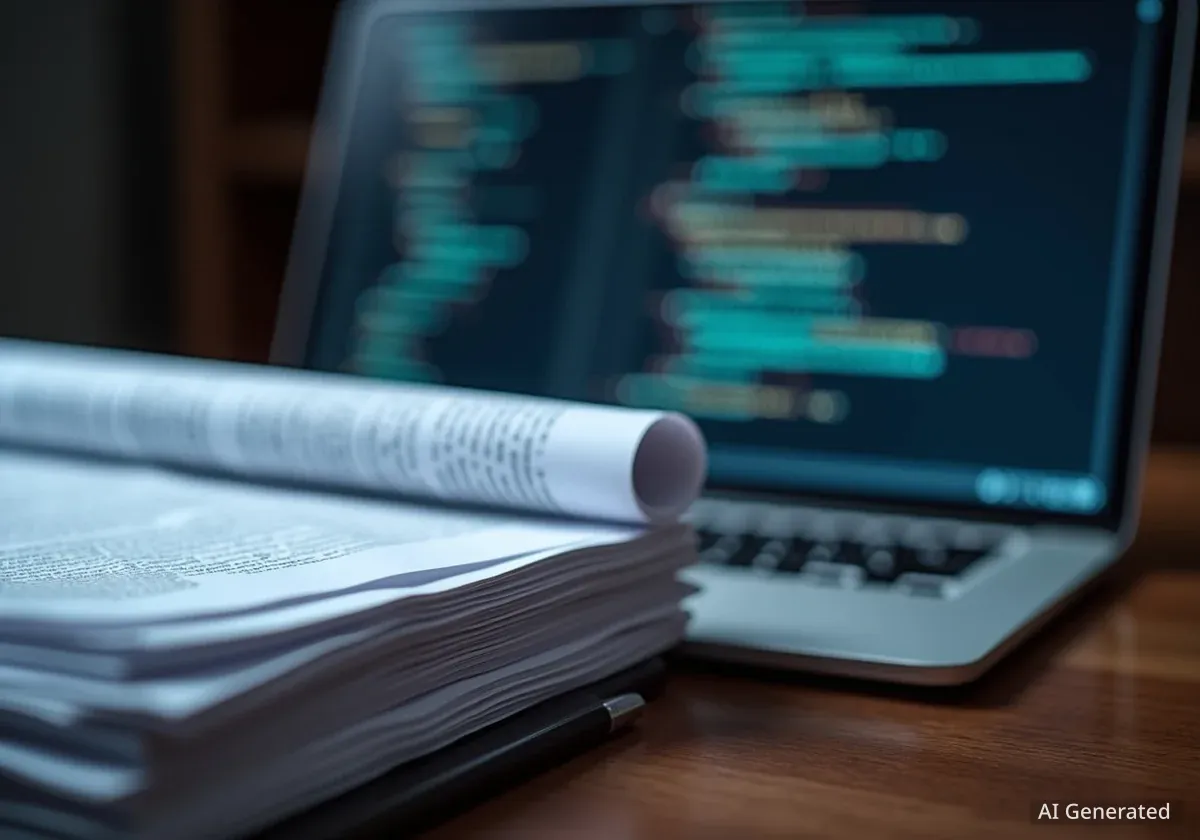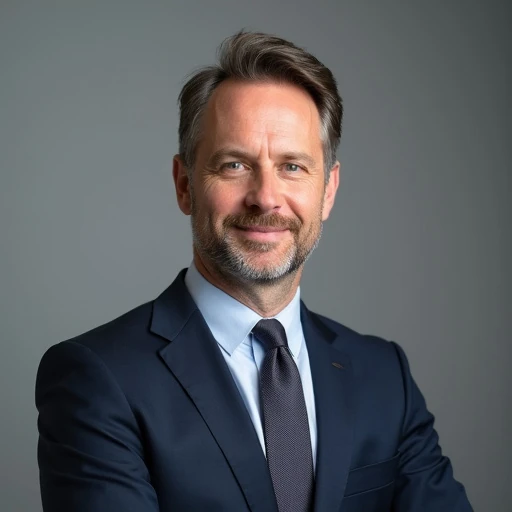The prominent litigation firm Boies Schiller Flexner has acknowledged that a legal brief submitted to a California appellate court contained significant errors, including citations to non-existent cases, due to the use of an artificial intelligence tool. A partner at the firm has taken full responsibility for the mistake in a formal court declaration.
The incident occurred in a high-profile civil case involving actor Danny Masterson and the Church of Scientology, placing a spotlight on the potential risks of using generative AI in the legal profession without rigorous verification.
Key Takeaways
- Boies Schiller Flexner, a top-tier law firm, submitted a court brief with AI-generated errors.
- The errors included fabricated case citations and mischaracterized legal holdings.
- Partner John Kucera admitted to using AI and accepted personal responsibility for the filing.
- The mistake was identified and highlighted by the opposing counsel in the case.
- This event marks one of the most significant AI-related mishaps for a major U.S. law firm to date.
Elite Firm's Filing Contains AI-Generated Flaws
Boies Schiller Flexner (BSF), a law firm recognized in the Vault 100 list of most prestigious firms, is at the center of a significant artificial intelligence mishap. The firm represents five plaintiffs in a civil lawsuit against actor Danny Masterson, the Church of Scientology, and its leader, David Miscavige. The plaintiffs allege they were subjected to harassment after reporting Masterson for assault.
During the appeals process, BSF filed a response brief that drew immediate scrutiny from the opposing legal team. Lawyers for the Church of Scientology, from the firms Horvitz & Levy and Winston & Strawn, identified multiple serious problems with the document's legal citations.
Case Background
The civil case follows the criminal conviction of Danny Masterson in May 2023 for the rape of two women. The plaintiffs in the civil suit claim they faced a campaign of surveillance and harassment after coming forward. The appeal in question relates to a motion filed by the Church of Scientology under California's anti-SLAPP statute, which was initially denied by a lower court.
In a subsequent filing, the Church of Scientology's counsel stated that the plaintiffs' brief contained "a series of troubling citation errors" that bore the "hallmarks of AI-generated case citations." This claim set the stage for a rare admission from a major law firm about the pitfalls of using emerging technology.
Details of the Citation Errors
The reply brief filed by the Church of Scientology's legal team detailed the extent of the problems in BSF's filing. It alleged that the document was filled with mistakes that undermined its legal arguments.
Specific issues raised included:
- Mischaracterized Holdings: The brief allegedly misrepresented the conclusions of actual court cases.
- Irrelevant Citations: Some cited cases were from entirely unrelated areas of law.
- Incorrect Case Titles: Several cases were improperly named, making them difficult to identify.
- A Fabricated Case: At least one case cited in the brief was described as "completely made up."
"[M]ultiple sections of plaintiffs’ brief are filled with erroneous citations... At minimum, this court should disregard these sections of plaintiffs’ brief and find the arguments plaintiffs make forfeited," the Church of Scientology's reply brief stated.
Such errors are considered serious in legal practice, as courts rely on the accuracy of cited precedents to make decisions. The discovery of fabricated material can damage a lawyer's credibility and weaken their client's position.
Partner Takes Full Responsibility
In response to the allegations, John Kucera, a partner in Boies Schiller Flexner's Los Angeles office, filed a motion to submit a corrected brief. Kucera has over 20 years of legal experience, including more than a decade as a federal prosecutor. In a signed declaration, he openly admitted the firm's use of AI and his failure to verify the output.
"Under my direction... the preparation of the Filed Response Brief included the use of artificial intelligence tools," Kucera wrote. He added, "As the attorney and partner in charge of the Filed Response Brief, I am embarrassed by and very much regret these errors."
Firm's AI Policy
In his declaration, Kucera noted that Boies Schiller Flexner has policies and training for the responsible use of AI. He stated the firm is investigating "why its controls failed" but emphasized his personal accountability, writing, "I bear the responsibility for failing to personally verify the citations included in the brief."
Kucera took sole responsibility, and the names of two other partners that appeared on the original brief were removed from the proposed corrected version. This move suggests they had limited involvement in the document's preparation. The firm's spokesperson directed inquiries to Kucera's court filing.
A Cautionary Tale for AI in the Legal Industry
This incident is arguably the most high-profile AI-related error involving an elite U.S. law firm. While other lawyers and firms have faced sanctions for similar mistakes, the prestige of Boies Schiller Flexner brings the issue into sharper focus for the entire legal industry.
Previous incidents have often involved smaller firms. While some larger firms have been connected to minor AI-driven citation errors, the BSF case appears more substantial due to the number of errors and the inclusion of a completely fabricated case.
For example, a past incident involving the firm Latham & Watkins was described as minimal, relating to an incorrect title for a real article in a footnote. The BSF situation, however, involves foundational legal citations that form the basis of legal arguments.
The legal community is increasingly exploring AI tools for research and drafting to improve efficiency. However, this case serves as a stark reminder that the technology is not infallible. Generative AI models are known to "hallucinate," or create plausible but entirely false information, including legal precedents.
The admission by Kucera highlights a critical professional obligation: attorneys are ultimately responsible for the accuracy of every document they file with a court, regardless of the tools used to create it. As law firms continue to integrate AI, this event underscores the absolute necessity of human oversight and meticulous verification.





